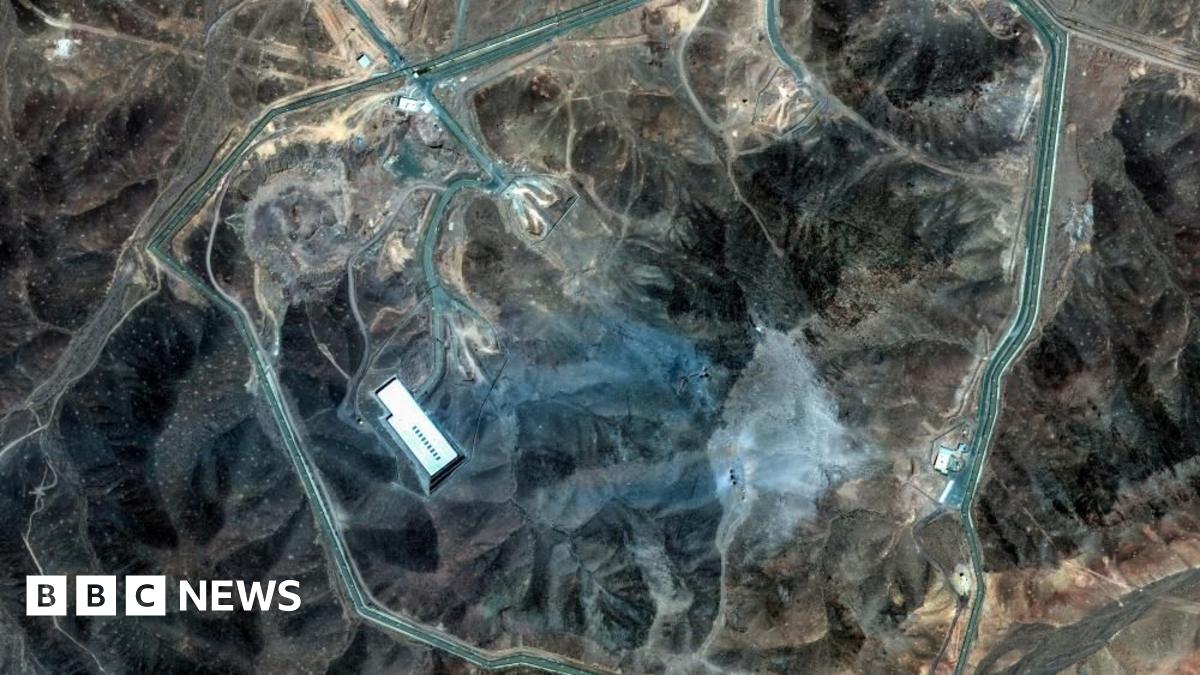Trump Sends Strong Signal to Australia: Boost Defence Spending or Risk US Security Ties

Former U.S. President Donald Trump has issued a pointed message to Australian Prime Minister Anthony Albanese, subtly warning that Australia's defense spending levels could impact the strength of the U.S.-Australia security alliance. The remarks, delivered with Trump's trademark directness, underscore a growing concern within Washington about the burden-sharing among allies in the Indo-Pacific region.
Speaking recently, Trump suggested that countries relying on U.S. protection, particularly in Asia-Pacific, need to significantly increase their own defense budgets. While he didn't single out Australia by name, the implication was clear: Australia, as a key U.S. ally and beneficiary of the U.S. defense umbrella, needs to step up its financial commitment to its own security.
Why is this significant? Australia has consistently maintained a defense spending target of around 2% of its Gross Domestic Product (GDP), a figure that the U.S. has long advocated for its allies to meet. However, current spending sits slightly below this benchmark. Trump's comments add pressure on the Albanese government to accelerate plans to increase defense spending, particularly in light of escalating geopolitical tensions in the region, including China's growing military assertiveness.
The Broader Context: US Expectations of Allies Trump's stance aligns with a broader shift in U.S. foreign policy. The previous administration, and now elements within the current administration, have emphasized the importance of allies bearing a greater share of the financial responsibility for their own defense. This reflects a desire to reduce the U.S. financial burden and ensure that allies are actively contributing to regional security.
Australia's Response: Balancing Domestic Priorities The Albanese government faces a delicate balancing act. Increasing defense spending requires difficult choices, potentially diverting resources from other crucial areas like healthcare, education, and social services. Furthermore, public opinion on defense spending is nuanced, with some Australians questioning the need for significant increases given Australia's strong economy and close relationship with the U.S.
Impact on the US-Australia Alliance While the U.S.-Australia alliance remains robust, Trump’s comments highlight a potential point of friction. Failure to adequately address U.S. concerns about burden-sharing could lead to increased scrutiny and, potentially, a weakening of the alliance. Stronger defense cooperation and increased investment in shared capabilities are seen as vital to maintaining stability and deterring aggression in the Indo-Pacific.
Looking Ahead: A Complex Equation The situation calls for a pragmatic and transparent dialogue between Washington and Canberra. Australia needs to clearly articulate its defense priorities and demonstrate a commitment to increasing its contribution to regional security. The U.S., in turn, needs to acknowledge Australia’s existing contributions and work collaboratively to address shared challenges. The future of the U.S.-Australia alliance may well depend on finding a mutually acceptable solution to this increasingly important issue.





